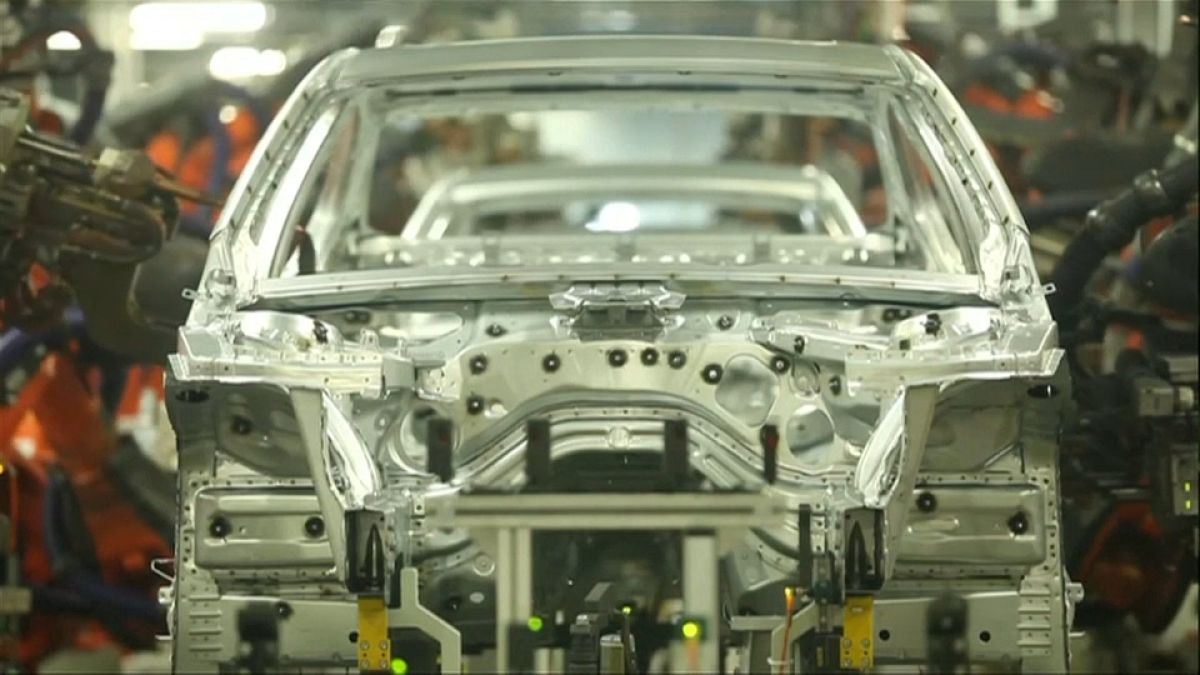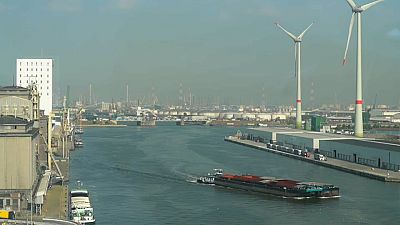In a submission to the US the EU said tariffs on cars and car parts could undermine U.S. car production by imposing higher costs on U.S.manufacturers.
The European Union has warned the United States that imposing import tariffs on cars and car parts will harm its own car industry and likely lead to
counter-measures by its trading partners on 253 billion euros of U.S.
exports.
The Commerce Department launched its investigation, on grounds of national security, on May 23 under instruction from President Trump, who has repeatedly criticised the EU over its trade surplus with the United States and for having higher import duties on cars.
The EU has a 10 percent levy, compared with 2.5 percent for cars entering the United States.
Trump said last week that the government was completing its study and suggested the United States would take action soon, having earlier threatened to impose a 20 percent tariff on all
EU-assembled cars.
The European Commission, the EU executive that handles trade for the bloc, said on Monday it was trying to convince its U.S. counterparts that imposing such tariffs would be a mistake.
"We'll spare no effort, be it at the technical or political level, to prevent this from happening," a spokesman for the Commission told reporters, adding that Commission President Jean-Claude Juncker's trip to Washington later this month would seek to stop any new U.S. tariffs.
The bloc exported 37.4 billion euros of cars to the United States in 2017, while 6.2 billion euros worth of cars went the other way.
The European Union says that for some goods, such as trucks, U.S. import duties are higher.
Its submission said that tariffs on cars and car parts could undermine U.S. car production by imposing higher costs on U.S. manufacturers.
Assuming counter-measures along the lines of those taken in response to existing U.S. import tariffs on steel and aluminium, 19 percent of overall U.S. exports - could be affected, the submission said.
The submission also said that the link between the car industry and national security was "weak". Military vehicles, such as the Humvee, were made by different, more niche producers.



